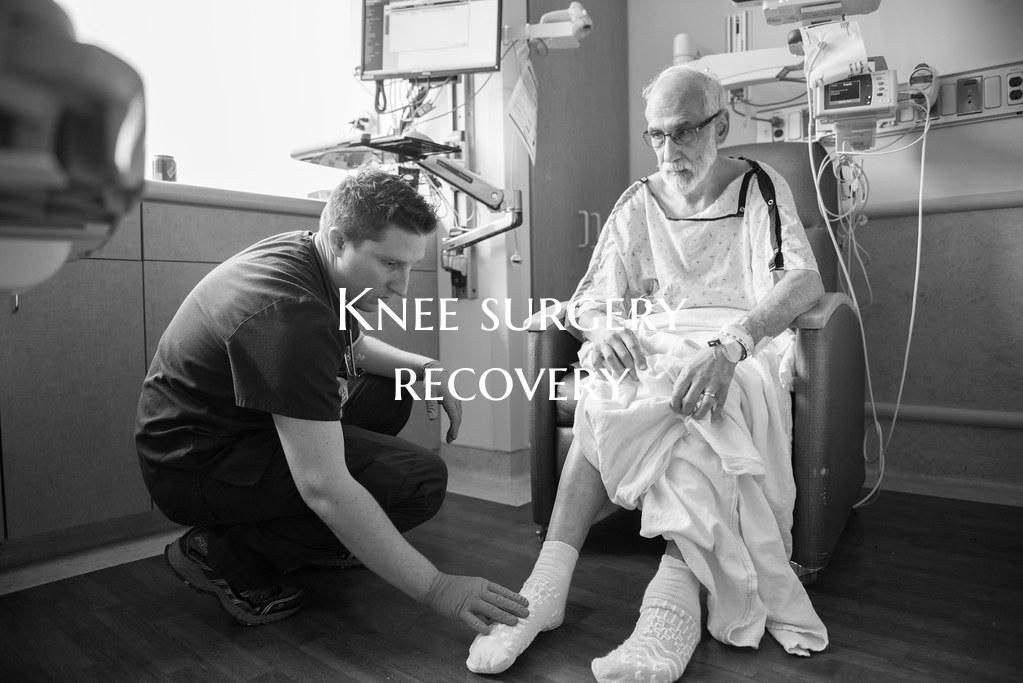
Knee surgery recovery
Introduction: Undergoing knee surgery can be a significant event in a person's life, but proper recovery is crucial for returning to a normal, pain-free lifestyle. Whether you've had knee arthroscopy, total knee replacement, or ACL reconstruction, the recovery process is essential to regaining strength, mobility, and overall function in your knee. This step-by-step guide will provide you with valuable insights on how to navigate the recovery journey successfully.
1. Follow Your Doctor's Instructions: After knee surgery, it's vital to adhere to your doctor's post-operative instructions diligently. This may include taking prescribed medications, attending follow-up appointments, and following specific guidelines for wound care and physical activity. Your doctor's guidance is crucial in ensuring a smooth and safe recovery process.
2. Manage Pain and Swelling: Pain and swelling are common side effects of knee surgery. Your healthcare provider may recommend pain medications, ice therapy, compression bandages, and elevation to alleviate discomfort and reduce swelling. It's essential to manage pain effectively to facilitate movement and prevent complications during the recovery period.
3. Physical Therapy and Rehabilitation: Physical therapy plays a significant role in knee surgery recovery. Your healthcare team may recommend a customized rehabilitation program to help you regain strength, flexibility, and range of motion in your knee. Consistent participation in physical therapy exercises can accelerate your recovery and improve functional outcomes.
4. Gradual Return to Activities: As your knee heals, you'll gradually progress from simple movements to more challenging activities. It's crucial to listen to your body and avoid overexertion. Gradually reintroducing weight-bearing exercises, walking, and eventually, low-impact activities like swimming or cycling can aid in rebuilding muscle strength and endurance.
5. Nutritious Diet and Hydration: Eating a balanced diet rich in nutrients can support the healing process post-knee surgery. Foods high in protein, vitamins, and minerals can promote tissue repair and strengthen your immune system. Additionally, staying hydrated is essential for tissue hydration and overall well-being during recovery.
6. Emotional Support and Self-Care: Recovery from knee surgery can be physically and emotionally demanding. Seeking support from friends, family, or a therapist can help you navigate the challenges and maintain a positive outlook. Engaging in self-care practices, such as relaxation techniques, mindfulness, and adequate rest, can improve your overall well-being and aid in the recovery process.
Conclusion: Recovering from knee surgery is a gradual process that requires patience, dedication, and support. By following your healthcare provider's instructions, managing pain and swelling effectively, participating in physical therapy, gradually returning to activities, maintaining a nutritious diet, and prioritizing self-care, you can optimize your recovery and achieve the best possible outcomes for your knee health. Remember, each individual's recovery journey is unique, so listen to your body and progress at a pace that is safe and comfortable for you.